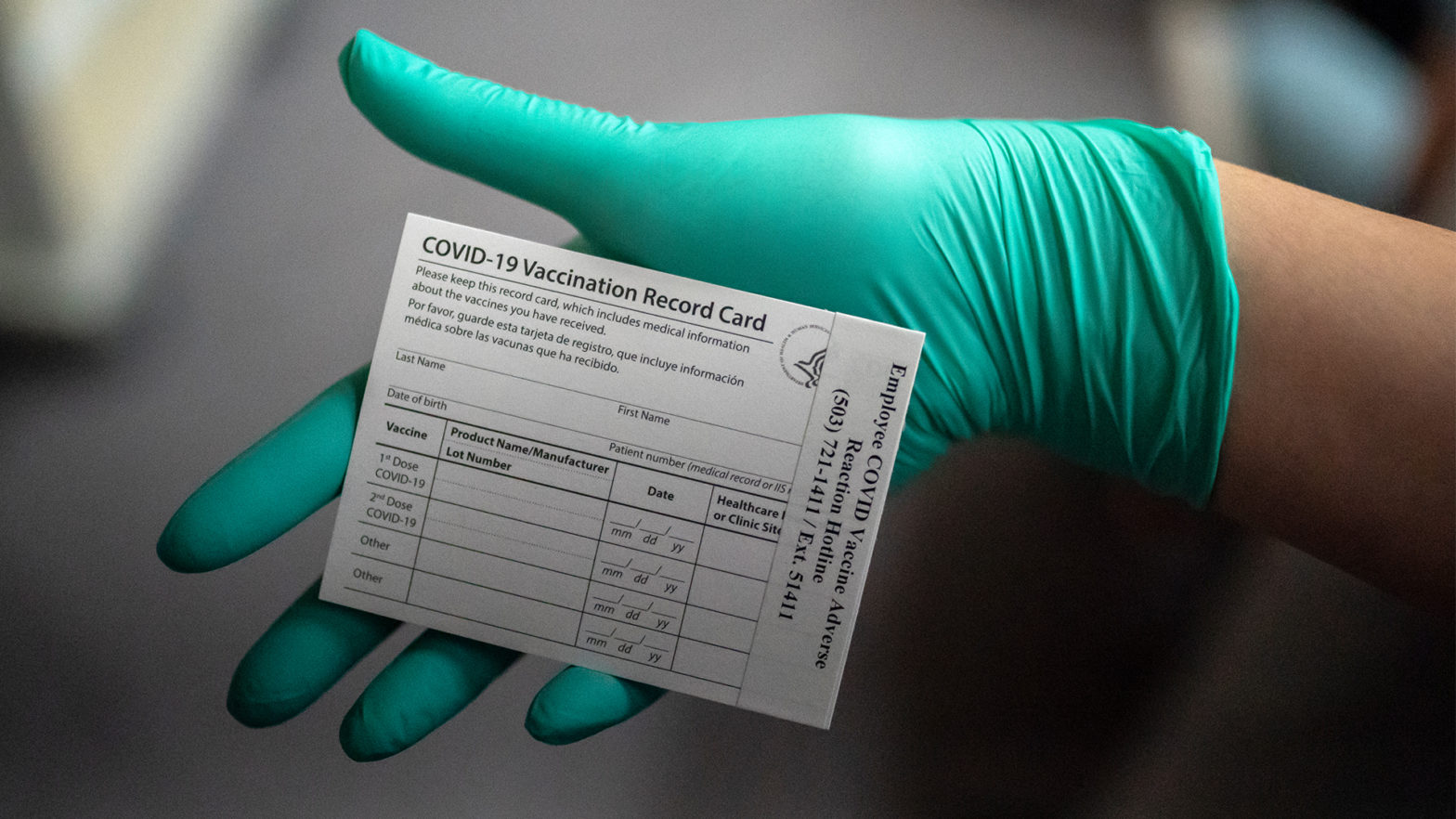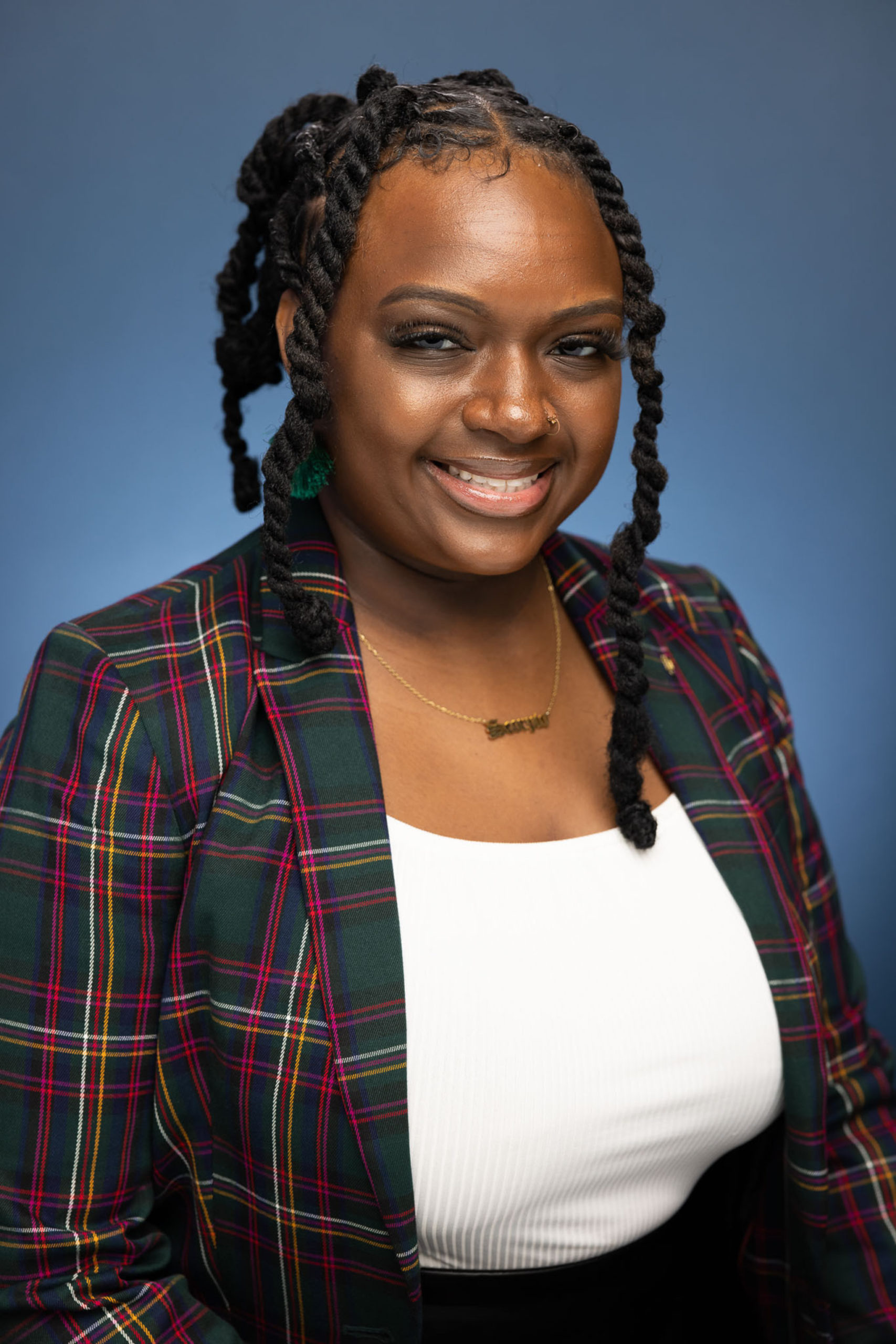Diversity within science and medicine is vital, and the work of these aspiring Black medical professionals is proof of it.
According to a report by CNN, in 2020, what would’ve otherwise been an average day in the lives of three students at Dr. Barney Graham’s lab located at the Vaccine Research Center of the National Institutes of Health became the moment where their lives changed forever. However, not only were their lives changed, but so were the lives of many people affected by a global pandemic.
The Meeting That Changed Everything
As the world was preparing for the worst, with conflicting news reports, panic-ridden grocery stores (some without a single roll of toilet paper in sight), and misinformation spreading across social media like wildfire, Olubukola Abiona, Geoffery Hutchinson, and Cynthia Ziwawo quickly jumped into action. They used their experience with the development of vaccines for various types of respiratory viruses as the blueprint for a drill that would soon make an impact across the globe.
“At the Vaccine Research Center, the mindset is sort of like anytime there’s something like that spreading, you can use it as an opportunity for a drill – a drill for the big one – if there’s going to be a real pandemic,” Hutchinson, who is now a fourth-year doctoral student at the University of Washington, explained.
In this case, the drill that Abiona and Hutchinson began to work on consisted of lab versions of the novel coronavirus protein.
From there, their findings were tested through an immune response led by Ziwawo.
“We knew we were doing big things that were important, but then it was like, ‘Oh, wow, this is really big,’” Ziwawo recalled. “And then Fauci is coming to the lab.”
At the time, Dr. Anthony Fauci was the director of the National Institute of Allergy and Infectious Diseases.
Shortly after his visit, the world was informed that the National Institutes of Health (NIH) was working on a vaccine to combat the coronavirus.
The collaboration was an extension of a previous partnership with renowned biotechnological company Moderna. However, the groundwork for the vaccine that would go on to protect the masses was laid by Abiona, Hutchinson, and Ziwawo.
All Hands On Deck
“At that point, it was just all hands on deck, and we were ready to go,” said Dr. Kizzmekia Corbett regarding working alongside the students to develop the vaccine.
At the time, she was the NIH senior research fellow responsible for guiding the students through rounds of experiments and testing throughout their journey.
Before their work in the lab, neither of the four individuals had worked together or knew one another. But as they worked to develop the vaccine, their relationships with each other strengthened.
“The work that these four people did in particular, I think, has been underappreciated and somewhat heroic, in my opinion,” said Dr. Graham.
He continued, “Their work led to not just the Moderna vaccine rapidly entering clinical trials, but also to the discovery of monoclonal antibodies that were used for treatments and informed the development of other coronavirus vaccines, as well.”
Where Are They Now?
Today, Dr. Graham works as a professor at the Morehouse School of Medicine and also became the inaugural director of the institution’s newly launched David Satcher Global Health Equity Institute.
Along with Hutchinson, Abiona, and Ziwawo are currently continuing their medical degree journeys.
Abiona, 27, is a third-year-dual-degree medical and Ph.D. student at Case Western Reserve University. Ziwawo, 25, is a fourth-year student at Indiana University School of Medicine. Meanwhile, Dr. Corbett is still impacting the world as a renowned immunologist.
Dr. Graham says the recent news of updated vaccines is all the validation they need for the work that they conducted within the lab during the early days of the COVID-19 pandemic.


